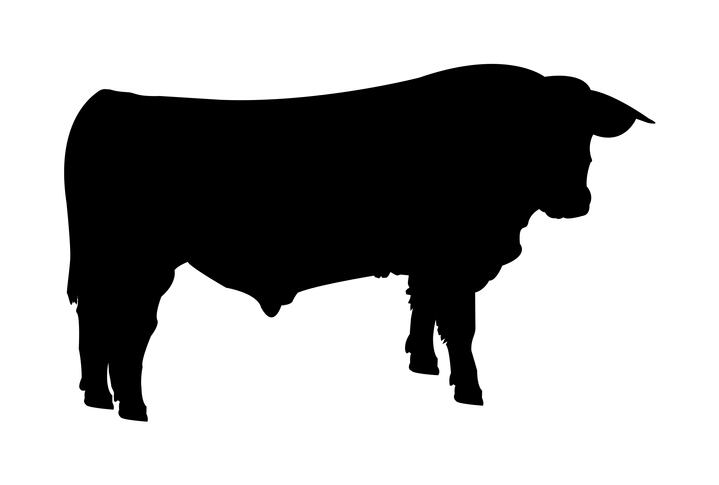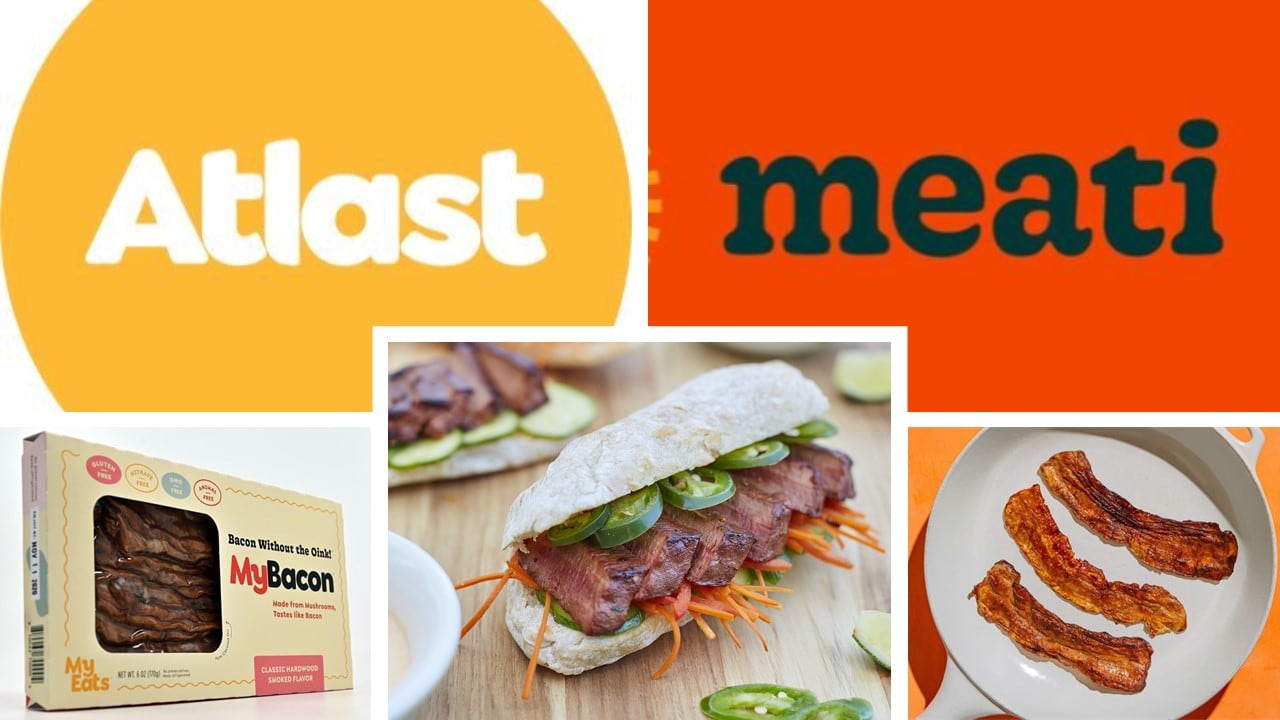Epicurious announced April 26 that beef will no longer appear in new recipes, articles, newsletters, the website’s homepage or other social media platforms – formally recognizing a move it began piloting more than a year ago.
“We know that some people might assume this decision signals some sort of vendetta against cows – or the people who eat them. But this decision was not made because we hate hamburgers (we don’t!). Instead, our shift is solely about sustainability, about not giving airtime to one of the world’s worst climate offenders,” Maggie Hoffman, Epicurious senior editor, and David Tamarkin, former digital director of Epicurious, wrote in an announcement published on the website’s homepage.
“We think of this decision as not anti-beef, but rather pro-planet,” they added.
To justify their decision, they note that almost 15% of greenhouse gas emissions globally come from livestock and 61% of those can be traced back to beef. They also note that cows are less efficient to raise than beans, poultry and pork.
Cows are not the only animal or plant-based ingredient that negatively impacts the environment, as Hoffman and Tamarkin acknowledge, but it is the only product summarily being dismissed from Epicurious’ platform going forward.
The company still features, poultry, seafood, and other ruminant animals, like sheep, as well as dairy from cows – a move that some critics call out as contradictory. But, Hoffman and Tamarkin suggest the shift is a starting point and “cutting out just a single ingredient – beef – could have an outsized impact on making a person’s cooking more environmentally friendly.”
Why now?
Epicurious’ declaration comes more than a year after it stealthily stopped including beef in new content to test consumer reaction and days after rumors spread that President Biden’s climate plan would restrict Americans’ access to red meat (it won’t.)
But the company insists its decision and the timing of its announcement were not politically motivated.
Rather, Hoffman told Forbes, Epicurious made the announcement after watching beef consumption in the US slowly creep up from 53.1 pounds per capita in January 2016 to 55.8 pounds per capita in January 2020 – rates that placed it in between chicken (67.4 pounds per capita in January 2020) and pork (48.8 pounds per capita in January 2020), according to the US Department of Agriculture.
This trend “means the way we’re eating is leading to more methane in the atmosphere, more deforestation, and more pollution in our rivers and oceans. So, we felt like we needed to speak up about our hopes: that cooks would plan meals with the planet in mind,” Hoffman told Forbes.
Delaying the announcement also gave the site time to test consumer response to more plant-based options, which ran in place of where beef-centric recipes and content previously would have appeared.
“The traffic and engagement numbers of these stories don’t like: When given an alternative to beef, American cooks get hungry,” the company noted in its announcement.
‘Elitist’ or ‘one of the best decisions’?
Regardless of consumer engagement with plant-based articles, the decision triggered a backlash on social media and among some industry stakeholders.
The North American Meat Institute countered the platform’s move as out of sync with American households – 98% of which purchase meat – and argued that American farmers today produce more efficiently than ever.
“In the year since Epicurious says it began this move, meat sales have increased 20% and cooking meat at home hit record highs,” NAMI vice president of communications Sarah Little told FoodNavigator-USA.
“The real question should be how excluding America’s favorite food impacts Epicurious; perhaps the reduced web traffic will save some electricity,” she added.
Indeed, even though Epicurious says plant-based content resonates with readers, many Instagram followers declared they were unfollowing the platform within an hour of the announcement on the social media platform.
Among those who said they were unfollowing the platform, some argued the move was “elitist,” “a tad drastic” and signaled “another WOKE business to boycott.”
Other “disappointed” followers lamented the company’s decision not to take a more moderate approach and use its platform “to educate your audience about how small scale, locally sourced, humanely raised beef differs from factory farmed animals.”
On the flip side, some followers chastised the company for not going far enough and still featuring dairy and other animal-based products.
Still others lauded the move, like Brooklyn-based cookbook author Hetty McKinnon, who recently published the vegetarian pan-Asian cookbook To Asia, With Love. She posted on Epicurious’ Instagram page that “this is one of the best decisions and the world thanks you. RESPECT Team @epicurious.”
Food consultant and stylist Diana Yen echoed this sentiment, declaring, “There are so many plant-based alternatives and new paths to explore.”
‘A food system so broken, almost no choice is perfect’
Ultimately, Epicurious acknowledges in its announcement that dropping beef from its platform going forward (but preserving it in prior posts, recipes and articles published in 2019 and earlier), isn’t a “silver bullet” given the “a food system so broken, almost no choice is perfect.”
Hoffman and Tamarkin stress climate change will require swift, drastic measures, including legislation and buy-in from across industries and countries. But, they add, they hope their move will inspire home cooks and “the rest of the American food media” to join it.




